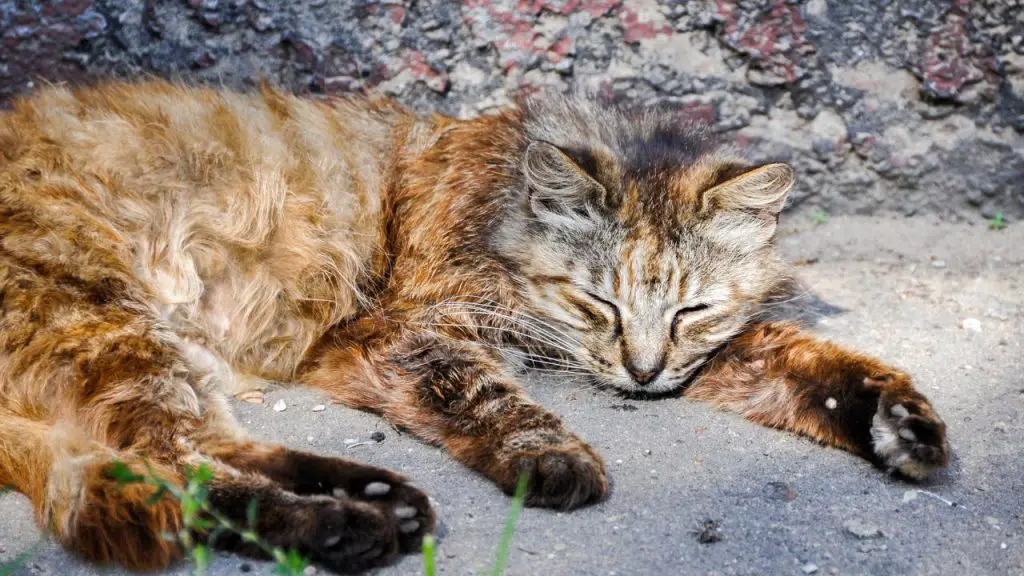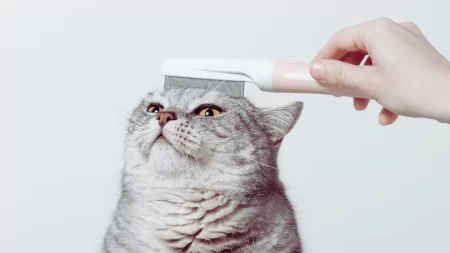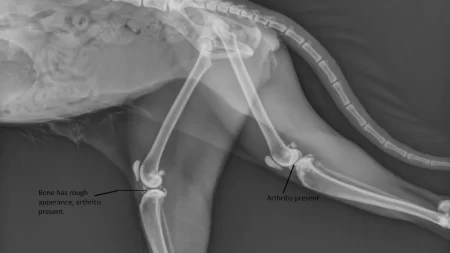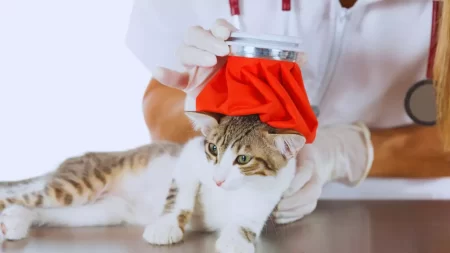Contrary to the widespread belief, felines are not susceptible to Down syndrome since the genetic disorder is exclusively confined to humans. In the United States of America, Down syndrome affects 1 out of every 700 newborns annually, resulting from an excess copy of chromosome 21. Cats, on the other hand, have a different chromosomal structure, with only 19 pairs compared to humans’ 23 pairs. While cats may display certain physical or behavioral traits reminiscent of Down syndrome, these are often attributed to other genetic abnormalities or health conditions. In summary, Down syndrome is exclusive to humans and cannot manifest in cats.
What is Down Syndrome and How Does Down Syndrome Affect Humans?
Down syndrome, otherwise known as trisomy 21, is a medical issue caused by an extra chromosome in the cells of an individual. It often causes delays in physical and intellectual growth. It is associated with other medical problems, like heart defects, impaired vision, hearing loss, immune system troubles, and hypothyroidism.
Down Syndrome is a genetic disorder caused by an extra copy of chromosome 21. It occurs in about one in every 700 babies born in the US yearly. Its symptoms include cognitive delays, intellectual disability, distinct facial features, reduced muscle tone, and coordination, plus increased heart and thyroid risks.
In people with Down Syndrome, these symptoms may make daily activities difficult. There is no cure, but treatments can help minimize symptoms. These include:
- Speech and language therapy
- Occupational therapy
- Educational help
With support from professionals and guardians, kids with Down Syndrome can learn life skills and engage with their community as adults.
What is the Difference Between Human and Feline Chromosomes?
Did you know that cats and humans share a lot of similarities when it comes to their chromosomes? While dogs and mice have rearranged chromosomes that are quite different from us, cats share many similar genes to humans. In fact, around 90% of the genes in the Abyssinian domestic cat are similar to those found in humans. Additionally, the X and Y chromosomes of cats and humans are remarkably alike. This makes the cat-human comparison one of the closest you can get in terms of genome organization, according to expert Leslie Lyons. While humans have 46 chromosomes, cats have 38 (19 pairs) and XY sex chromosomes. Most of these syntenic groups have been assigned to one of the 19 feline chromosomes. Despite these similarities, there are still some differences in the organization of these chromosomes, which makes the study of feline genetics an exciting and underutilized domain.
Is it Physically Possible for Cats to Have Down Syndrome?
Some people believe that cats exhibit symptoms similar to those of Down syndrome, but this is incorrect. Unlike humans, cats only have 19 pairs of chromosomes instead of 23. Therefore, cats cannot possess the extra chromosome 21 that leads to Down syndrome. Any indications of Down syndrome-like physical or behavioral traits in cats are probably caused by different genetic illnesses or health complications. Veterinarians are often asked about this issue and clarify that cats with cerebellar hypoplasia are the closest thing to a “Down syndrome cat“. Although this is a rare condition, it can produce similar symptoms, but it does not involve the additional chromosome that is associated with Down syndrome.
Are There Other Conditions in Cats That are Similar to Down Syndrome?
Cats don’t have a disorder comparable to Down Syndrome in humans. Nonetheless, cats can have certain conditions that share some of the same symptoms, such as:
- Feline Chromosome Number Anomalies
- Genetic Aneuploidy
- Chromosomal Aberration
- Autism-related Disorders
These medical conditions can cause physical features like those seen in humans with Down Syndrome, such as a short body, flat face, and abnormal eyes & ears.
Genetic Aneuploidy is similar to Down Syndrome in that it’s caused by disrupted cell development due to chromosomal imbalance. Chromosomal Aberrations can cause delayed development & behavioral problems. Autism-related Disorders can bring about repetitive behaviors & difficulty communicating.
In conclusion, although cats cannot be diagnosed with Down Syndrome, certain conditions can cause similar effects on their appearance & behavior. It’s important to talk to a vet before treatment.
What is trisomy in cats and how does it occur?
Trisomy is a genetic disorder that can affect cats, causing various symptoms and health problems. Trisomy occurs when there is an abnormality in the cat’s chromosomes, leading to the presence of an extra chromosome. While cats do not have chromosome 21, which is associated with Down syndrome in humans, they can have trisomy due to abnormalities in other chromosome pairs. For example, male cats can have Klinefelter syndrome, a form of trisomy that affects both humans and cats. Trisomy can cause symptoms like a tricolored coat pattern or high-pitched cries, depending on the affected chromosome. It is important to be aware of the signs of trisomy and consult a veterinarian if any issues arise.
It’s uncommon to find a cat with trisomy, and in such cases, the mother cat may kill her offspring due to her innate wild instincts. This behavior might appear harsh, but it’s her way of increasing the likelihood of survival for future generations.
Conclusion
Cats with Down syndrome are incredibly rare. This is because cats cannot be bred in the same way as humans. Also, there is not much research done on this subject. However, there are some stories of cats with Down-like symptoms. If an owner notices any unusual behavior or physical features in their cat, it is necessary to get it checked out by a vet. This will help in providing the cat with treatment quickly. It is important to ensure your pet’s health and quality of life.







